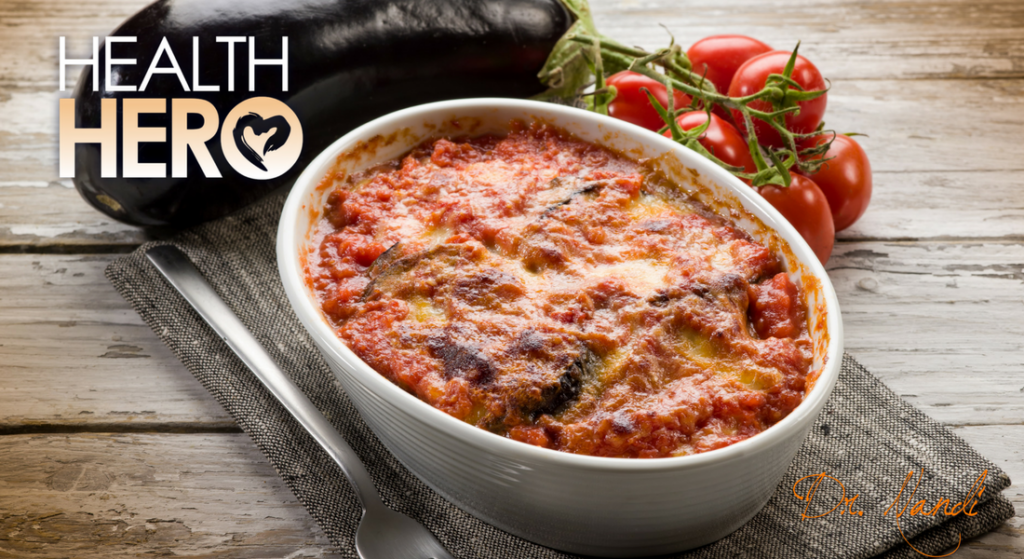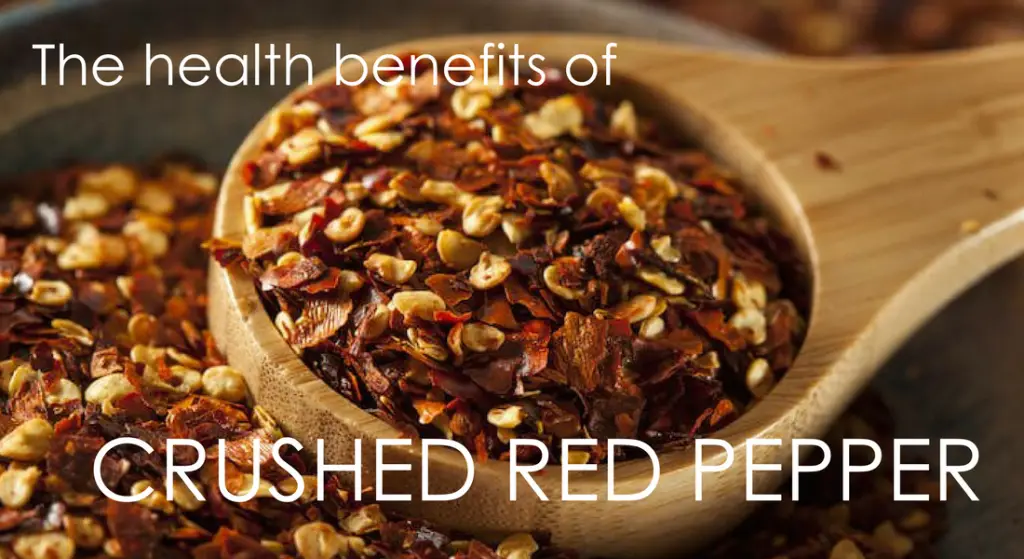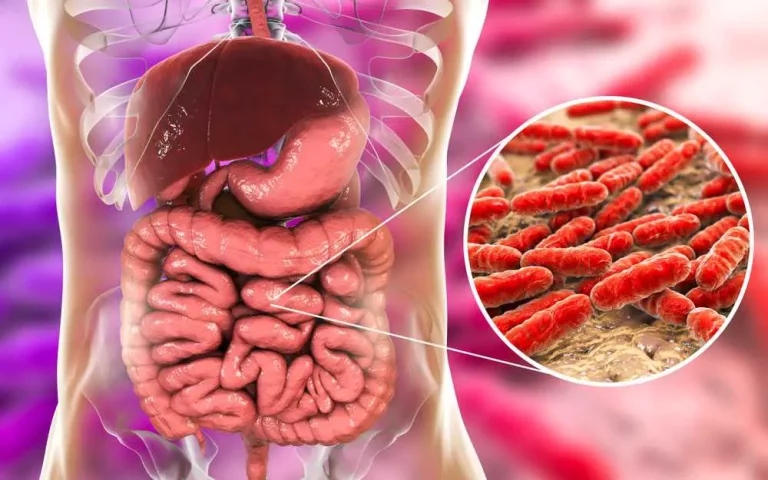What is Crushed Red Peppers?
Crushed Red Peppers can be traced back to Central and South America. They have been cultivated for more than seven thousand years. It was in the 15th century that red peppers were introduced to the rest of the world. In traditional Chinese medicine and Ayurveda, a traditional form of Indian medicine, red peppers have been used to treat digestive problems, circulatory problems, infections, and arthritis.
Crushed red peppers (or red pepper flakes) consist of dried and crushed (as opposed to ground) red chili peppers. Various peppers can be used, but the most commonly used pepper is the cayenne pepper.
Are Red Peppers Full of Antioxidants?
A recent study found three types of peppers (pasilla, guajillo, and ancho) containing carotenoids. These pigments give the peppers their color, but they are also beneficial to your health. The carotenoids act as antioxidants that protect your tissues and cells from the dangers of free radicals. These radicals play a crucial part in increasing bodily pain.
Will Red Peppers Boost the Immune System?
The chili flakes’ bright red color says it is high in beta-carotene. Beta-carotene is converted to vitamin A, which is essential for healthy mucous membranes. These membranes line the nasal passages, lungs, intestinal tract, and urinary tract, which serve as the body’s first line of defense against pathogens trying to get into our bodies. Plus, red pepper flakes contain vitamin C, which is needed for a healthy immune system.
Also Read: Five Immune Boosting Foods That Might Surprise You
Top Health Benefits of Crushed Red Peppers
A wide range of red pepper flakes’ health benefits can positively affect many different parts of your body.
Red Peppers May Help With Weight Loss
Recent research has found that dried red pepper flakes may be an appetite suppressant for people not used to the spice. Results showed that adding the flakes to the diet daily decreased feelings of hunger in test subjects who did not normally eat them. These same subjects found they craved fatty, salty, and sweet foods less. The dried peppers’ appetite-suppressing effects affected only those not used to the flakes.
Are Red Peppers Full of Antioxidants?
A recent study found three types of peppers (pasilla, guajillo, and ancho) containing carotenoids. These pigments give the peppers their color, but they are also beneficial to your health. The carotenoids act as antioxidants that protect your tissues and cells from the dangers of free radicals. These radicals play a crucial part in increasing bodily pain.
Will Red Peppers Boost the Immune System?
The chilli flakes’ bright red colour says it is high in beta-carotene. Beta-carotene is converted to vitamin A, which is essential for healthy mucous membranes. These membranes line the nasal passages, lungs, intestinal tract, and urinary tract, which serve as the body’s first line of defense against pathogens trying to get into our bodies. Plus, red pepper flakes contain vitamin C, which is needed for a healthy immune system.

Also Read: Five Immune Boosting Foods That Might Surprise You
Red Peppers are Heart-Healthy
Research has shown that crushed red pepper reduces blood cholesterol, triglyceride levels, and platelet aggregation. These peppers have been found to aid in helping the body to dissolve fibrin, a substance integral to the formation of blood clots. Studies have found that in areas where people eat hot peppers regularly in their diet, they have a much lower rate of heart attack, stroke, and pulmonary embolism. One study found that people who ate hot peppers had a much lower oxidation rate in both men and women. Plus, women had a longer lag time before damage by cholesterol was seen.
Red Peppers May Improve Digestive Health
One of the fantastic health benefits of red peppers is that it improves digestive health. The capsaicin in red peppers stimulates the digestive tract, which helps to improve digestion. This increased activity also helps to clear out any blockages that might be present. In addition, capsaicin has been shown to increase the production of hydrochloric acid in the stomach. It is essential because this acid breaks down food so the body can absorb the nutrients.
Red Peppers May Help Relieve Pain
Capsaicin, the compound that makes chili peppers hot, is also being studied for its ability to relieve pain. This compound works by depleting the substance P, a neurotransmitter that carries pain signals to the brain. When capsaicin depletes substance P, the pain signals are no longer sent to the brain, resulting in decreased pain. This finding has led to the development of topical creams containing capsaicin to relieve pain associated with arthritis, shingles, and other conditions.
Red Peppers Contain Nutrients That Are Good for Your Bones
Red chili peppers are a good source of vitamins A, C, and K and folic acid. These nutrients are all essential for bone health. Vitamin A is necessary for the absorption of calcium, which is the main mineral found in bones. Vitamin C helps maintain the collagen matrix that gives bones their strength, and vitamin K is necessary for the production of osteocalcin. This protein helps anchor calcium in the bone matrix. Folic acid is essential for the growth and repair of DNA, which is necessary for maintaining healthy bones.
Improve Ocular Health with Red Peppers
One of the ways crushed red peppers benefit our bodies is by improving ocular health. Red peppers are a good source of vitamins A and C essential for ocular health. Vitamin A is necessary for the maintenance of the cornea, while vitamin C is involved in the production of collagen, a protein that helps keep the eyes healthy. In addition, hot chili peppers also contain beta-carotene, which is converted to vitamin A in the body and is also essential for eye health. Beta-carotene has been shown to reduce the risk of macular degeneration, a condition that can lead to blindness.

Red Peppers are Beneficial for Diabetics
Studies have found that crushed red peppers may aid in the amount of insulin required to lower blood sugar after a meal. Promising results have found that insulin requirements drop even lower if crushed peppers are regularly consumed. One study found that overweight people had lower amounts of insulin required to lower their blood sugar levels after a meal. Nutritionists also found that not just the capsaicin but the antioxidants, including vitamin C and carotenoids, might help improve insulin regulation.
Dr. Partha Nandi Recommended Recipes with Crushed Red Peppers
Roasted Red Bell Pepper Sauce

Click here to get the Roasted Red Bell Pepper Sauce recipe instructions. This recipe works well for flank steak, served over chicken, or served as a dip with vegetables
Easy Papaya Stir Fry

Click here to get the cooking instructions for the Easy Papaya Stir Fry recipe.
Shakshuka Recipe

Click here to get the cooking instructions for the Shakshuka Recipe.
Vegan Eggplant Parmesan

Click here to get the cooking instructions for the Vegan Eggplant Parmesan recipe.
Want more recipes with Crushed Red Peppers? Click here!
Discover different ways how you can include crushed red peppers in your daily diet. Get a FREE copy of my Superfood Cookbook.
Crushed Red Pepper Side Effects
If you are sensitive to capsaicin or ingest too much, it can lead to irritation and burning sensations in your mouth, stomach, and intestines. It can also lead to vomiting or diarrhea. Other common side effects are a runny nose and sweating.
Also, ensure not to touch your eyes after handling crushed red peppers, which can lead to irritation and burning eyes.
Frequently Asked Questions
Are crushed red peppers good for you?
Crushed red peppers are rich in antioxidants, such as vitamins A, C, and B6, and fiber. Antioxidants play a significant role in protecting your tissues and cells from free radicals.
What do crushed red peppers do to your body?
Red pepper flakes can boost your metabolism and may improve your digestive health, as well as the capsaicin in the peppers stimulates the digestive tract, leading to a more efficient breakdown of foods.
Are crushed red peppers healthy for you?
Crushed red peppers can boost your immune system and also are heart-healthy.
Can you eat too many crushed red peppers?
While there are plenty of crushed red pepper benefits, eating too many of them may result in nausea, vomiting, abdominal pain, diarrhea and a burning sensation.





















